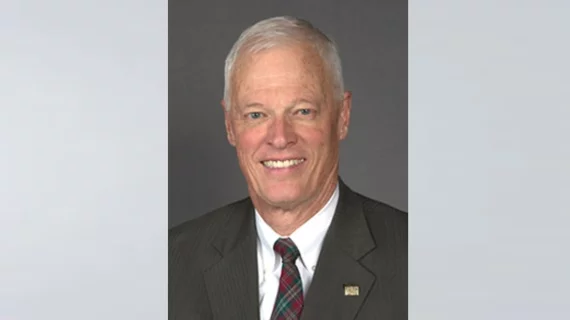RSNA names new board leaders at annual meeting
The Radiological Society of North America (RSNA) continued to fill out its board of directors this week, naming a new president, president-elect and chairman.
James Borgstede, MD, a professor of radiology at the University of Colorado in Denver, will assume the role of president. He plans to turn an eye toward career advancement and technological advancements while piloting the society’s governing body.
"We are members of a specialty with amazing and unparalleled opportunities for scientific advancement, Borgstede said in a statement issued Wednesday, Dec. 4, at the organization’s annual meeting. “As an RSNA leader, my goals include advancing the appropriate development and use of radiologic technologies, particularly in relation to artificial intelligence, and assisting with education and radiology development in under-resourced areas of the world.”
A member of the society for more than 40 years, Borgstede first joined the board in 2013, taking over as chairman last year.
Meanwhile, Mary Mahoney, MD, will slide into the role of president-elect, the RSNA also announced Monday. She currently serves as chair and professor of radiology at the University of Cincinnati College of Medicine. She also has an interest in furthering AI’s use in the radiology profession and improving the patient experience.
Finally, the RSNA also selected Bruce Haffty, MD, as chairman of its board. He’s currently the associate vice chancellor of cancer programs at Rutgers Biomedical and Health Sciences, as well as professor and chairman in the Department of Radiation Oncology at Rutgers Robert Wood Johnson Medical School, in New Jersey, according to an announcement.

